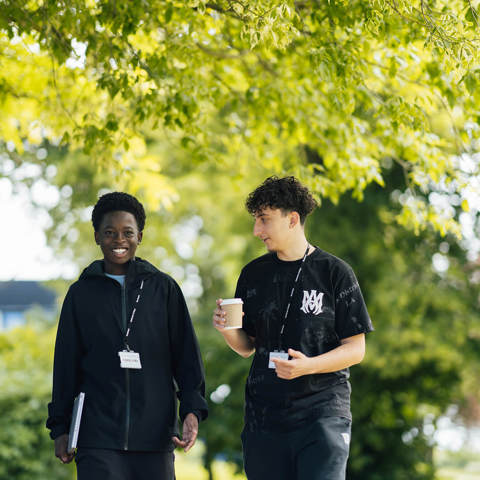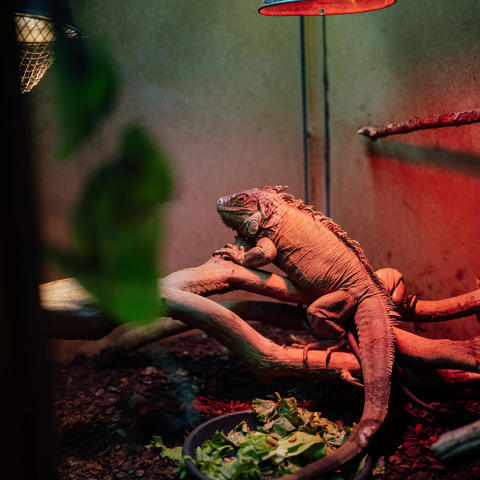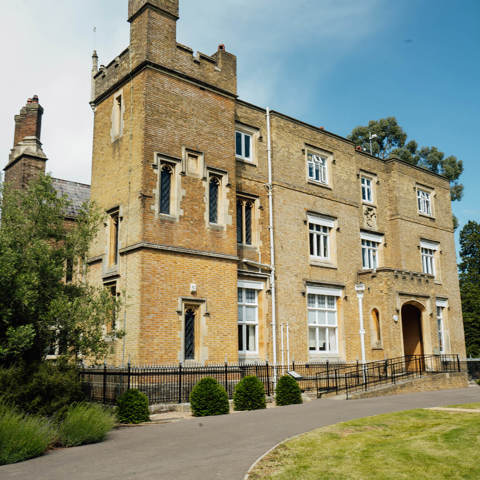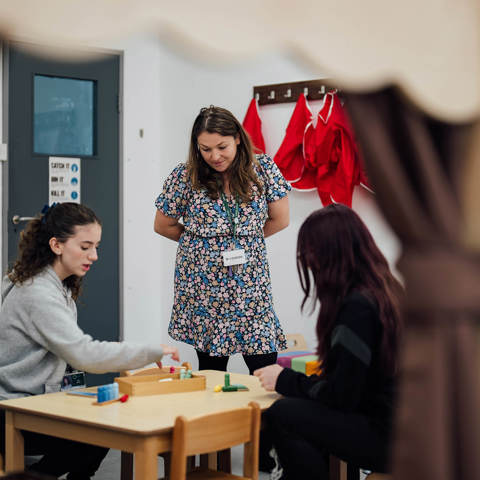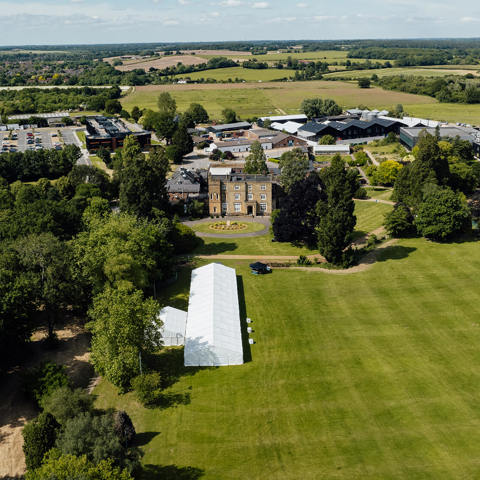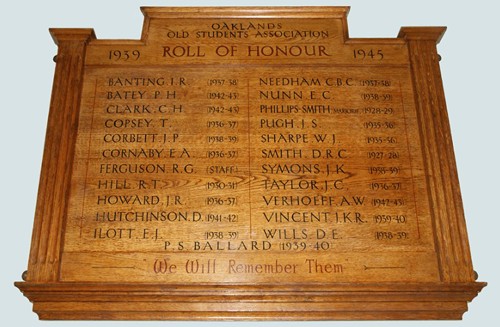
As the nation pauses to mark Victory in Europe (VE) Day, Oaklands College reflects with pride and solemn remembrance on its unique and active role during the Second World War.
By the outbreak of war in 1939, Oaklands had already begun to evolve in response to the national emergency. With food imports severely reduced and home-grown agriculture now a lifeline for the war-torn nation, Oaklands became a vital training hub for the Women’s Land Army. From September 1939, women arrived at the college to be trained in skills once seen as the preserve of men - tractor driving, animal husbandry, and field work among them. The first known Land Army recruit on the student register was Phyllis Boutell in October 1939.
Supervised by Miss Peacock, five places per month were reserved for Land Army trainees from January 1940, a number that likely increased as the war progressed. Former staff member Harry Matthews recalled the extraordinary contribution of these young women in the 1947 Oaklands Old Students Magazine, writing:
“Taking the country as a whole, the land girls have been our salvation - they have done a marvellous job.”
Oaklands’ wartime legacy is not limited to the Land Army. In the early 1940s, Italian prisoners of war - captured in the Middle East - were brought to Oaklands, where they lived and worked alongside British students and Land Army girls. Though physical remnants of the POW camp are scarce, the brick-built drainage systems they constructed still criss-cross the campus - remarkable examples of craftsmanship that continue to function today. As one current staff member put it, “The drains are works of art.”
During this period, Oaklands also served the wider war effort in unexpected ways. The Black Barn was constructed to store munitions and aircraft parts, a strategic move given the proximity of the college to key airfields in the region. Oaklands itself was not immune from enemy action; it suffered air raids, including one in February 1942 that tragically claimed the life of former student James Sidney Pugh. Pugh, an alumnus from 1934–35, died heroically shielding a fellow student from machine-gun fire during an enemy attack on the college grounds.
The names of James and several other students who lost their lives in the war are commemorated on Oaklands’ Roll of Honour, prominently displayed in the Mansion House. Their sacrifices - and those of the countless others who trained, worked, and lived through wartime at Oaklands - are not forgotten.
The student records from this time tell a vivid story of wartime diversity and resilience. They include entries for Austrian and Jewish refugee students such as Peter and Paul from Vienna, and Franz and Gunter Weiss - twins sponsored by the Jewish Refugees Committee. There is even mention of a 60-year-old student and a group of women sponsored by Studley Horticultural and Agricultural College, all arriving in 1940 to take part in the war effort.
Male students, too, played their part. Enrolment came with the requirement to join the Home Guard, training weekly to prepare for any homeland invasion. Oaklands was the Company HQ, led by the then-Principal Hunter Smith and manned by a platoon of 80 volunteers. Life on campus, though removed from the front lines, was anything but quiet.
VE Day marks the moment peace returned to Europe, but at Oaklands, it also symbolises the courage, contribution, and camaraderie that defined the college during Britain’s darkest hour. The stories of those years—of Land Girls, prisoners of war, student soldiers, and heroes - live on in the fields, the records, and the very fabric of Oaklands.
As we remember their service, we honour their legacy.
Lest we forget.
